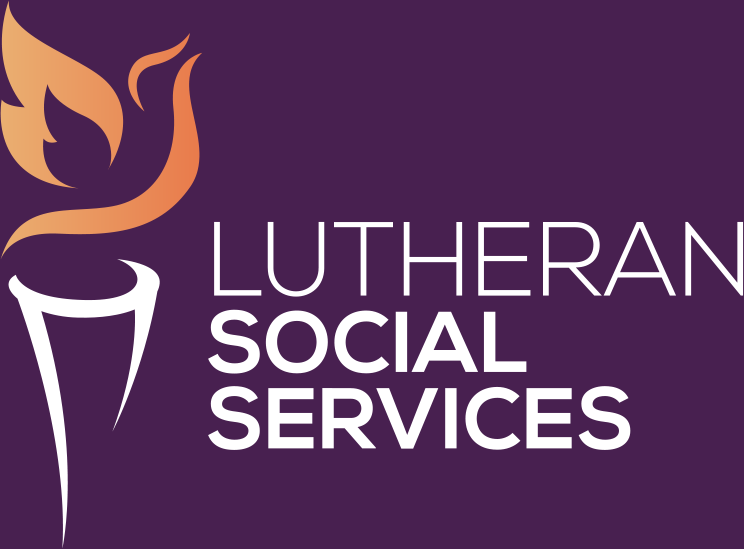Support Others
It is important to know what to do to help a family member or friend in an abusive relationship.
Need help? Call the 24-hour crisis line: 614-224-HOME (4663)
Many people ask how they can support loved ones they know or believe are being abused. Leaving an abusive relationship is a highly personal decision that can also be dangerous. Those experiencing abuse are often isolated by their abuser or feel alone in their situation, so having a trusted and supportive confidant can be very beneficial.
If you witness suspicious actions or conversations, one option is to speak to the survivor in person as soon as you are safely able. Be sure to approach them in a safe and private space. It’s important to believe whatever they have to say and not assign blame to them. Reinforce the abuse isn’t their fault and that you are there to support them. If you live in Franklin County, you could also offer CHOICES hotline number (614-224-4663). If at any point you are concerned for the person’s immediate safety, you do have the right to contact the police.
It sometimes can be frustrating to loved ones when victims choose to stay with their abuser. There are many reasons someone might choose to stay, including threats of violence against the victim, children, pets or the abuser themselves, not wanting to break up the family, financial difficulties, thinking someone will change, a lack of housing, and more. It’s important to remember that the person experiencing abuse is the only person who can decide what is right for them.
In the US, it takes a victim an average of seven times to leave an abusive relationship for good. If you are physically and emotionally able, supporting a victim through this time will help on their journey to safety.
If someone you know and care about is in an abusive relationship, you might want to do whatever you can to save or help them. This might include calling the police, giving the person an ultimatum to leave the relationship, and avoiding contact with the abuser or not allowing them in your home.
These are common thoughts and responses to have. However, it’s important to remember that leaving an abusive relationship can be very difficult and even dangerous. Your friend or family member knows what is safest for them and may not be ready to leave. Instead, consider how you might empower them to make their own decisions about how to proceed. You can offer support by:
- Providing a nonjudgmental space that allows the person to open up if they feel comfortable doing so
- Developing a safety plan with them or referring them to our sample safety plan
- Respecting the decisions they make and continuing to care and support them
